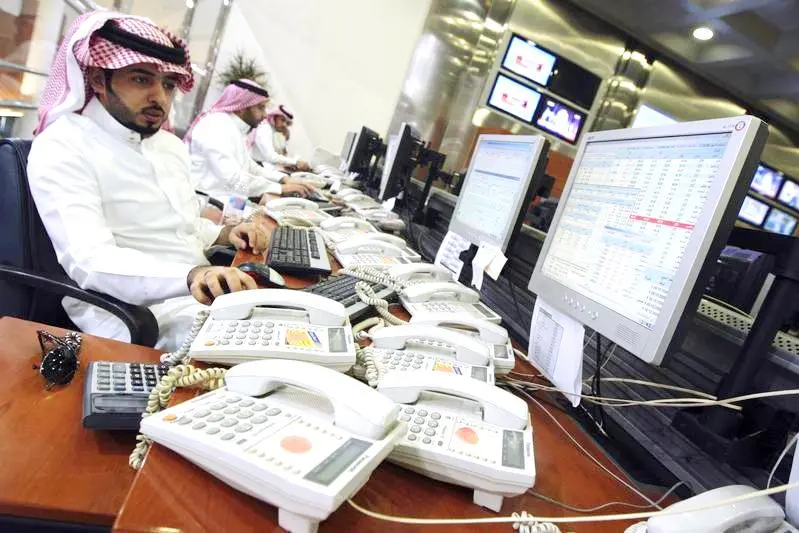PHOTO
Stock markets in the Gulf ended higher on Tuesday, pausing for breath after a steep sell-off, but major central banks' rate hike plans and global recession risks kept investors cautious.
Saudi Arabia's benchmark index advanced 2.6%, its biggest intraday gain in more than a year, buoyed by a 3.4% jump in Al Rajhi Bank and a 1.6% increase in oil giant Saudi Aramco.
The kingdom's April crude exports rose to a two-year peak of 7.382 million barrels per day (bpd) in April, data from the Joint Organizations Data Initiative (JODI) showed on Monday.
Dubai's main share index climbed 1.7%, after three sessions of losses, with sharia-compliant lender Dubai Islamic Bank closing 2.3% higher. Investors moved to buy the dip, creating a rebound after a month of price corrections, said Fadi Reyad, market analyst at CAPEX.com. "Markets could see a small period of calm but they remain exposed to the uncertainties around inflation and economic growth."
In Abu Dhabi, stocks finished up 1.2%, led by a 1.2% rise in the United Arab Emirates' biggest lender First Abu Dhabi Bank. Oil prices, a key influence on the Gulf's financial markets, rose almost $2 on high summer fuel demand, while supplies remain tight because of sanctions on Russian oil after its invasion of Ukraine.
The Qatari index edged up 0.1%, snapping a four-day losing streak, helped by a 1% gain in petrochemical maker Industries Qatar. According to Reyad, the positive performance could be short-lived as natural gas prices continue to decline.
Outside the Gulf, Egypt's blue-chip index finished 0.2% higher, with top lender Commercial International Bank putting on 0.9%. Egypt and Saudi Arabia have signed 14 agreements valued at $7.7 billion during a visit to Cairo by Saudi Arabia's de facto ruler Crown Prince Mohammed bin Salman, Egypt's General Authority for Investment and Free Zones said in a statement on Tuesday.
(Reporting by Ateeq Shariff in Bengaluru; Editing by Alex Richardson)




















